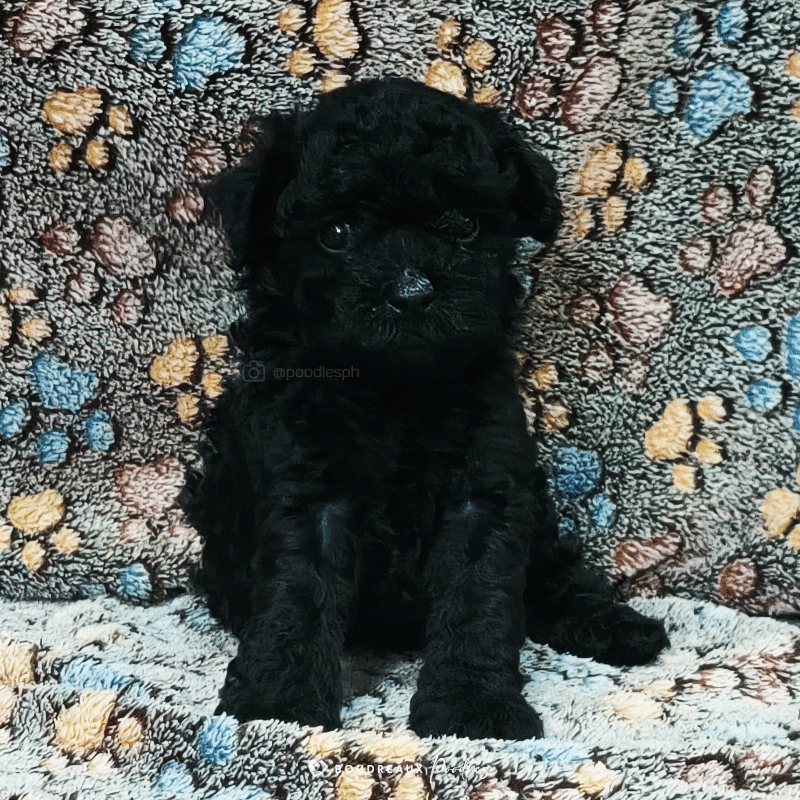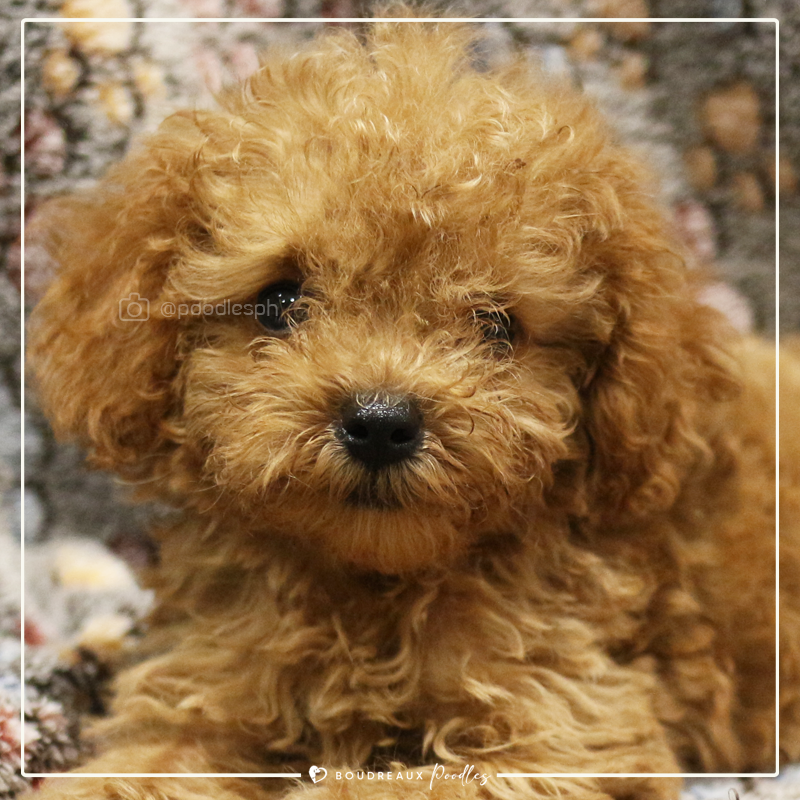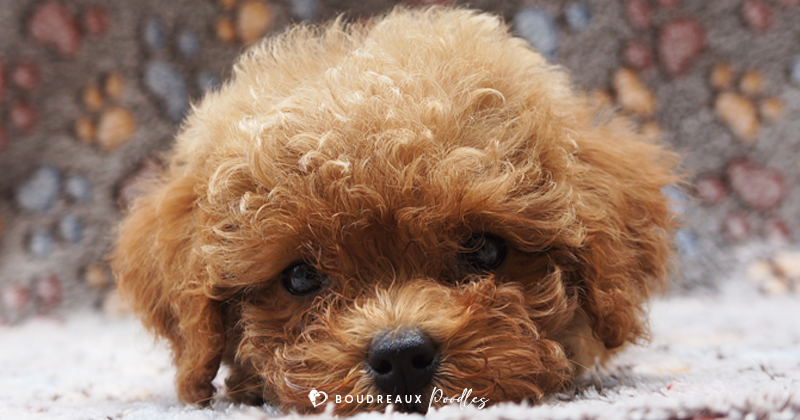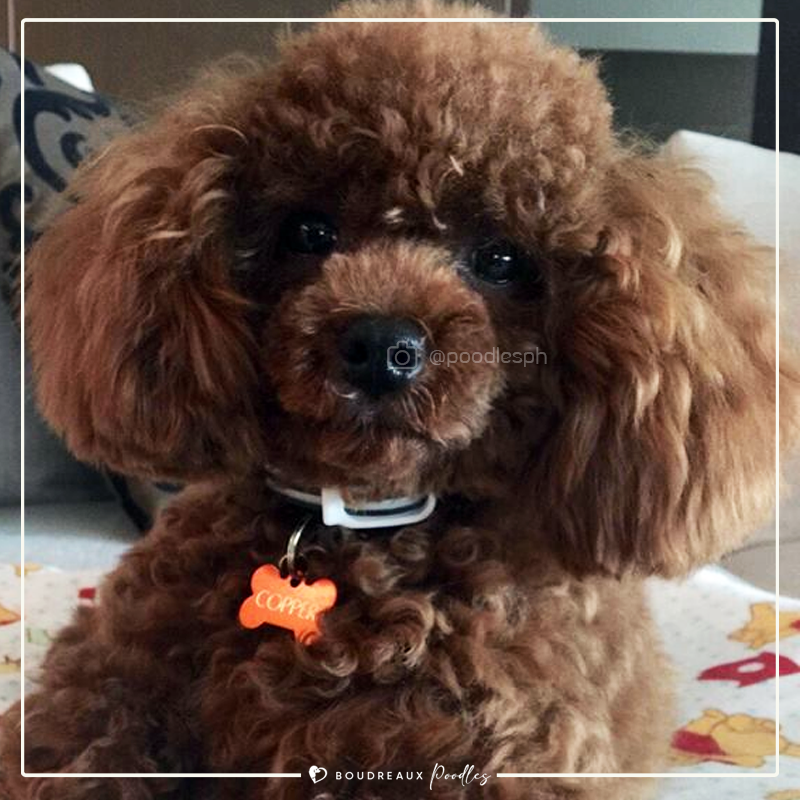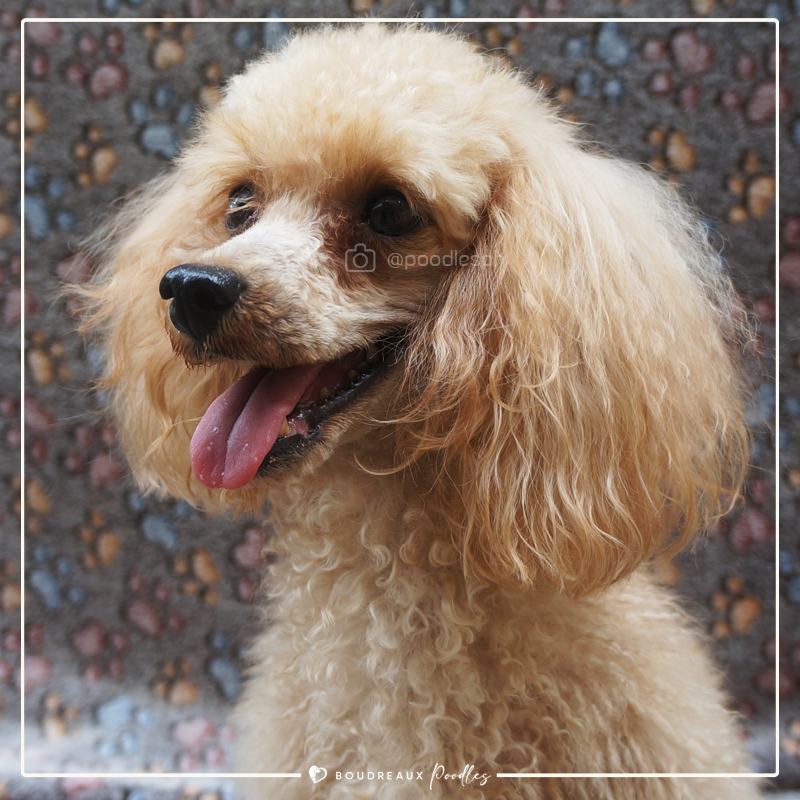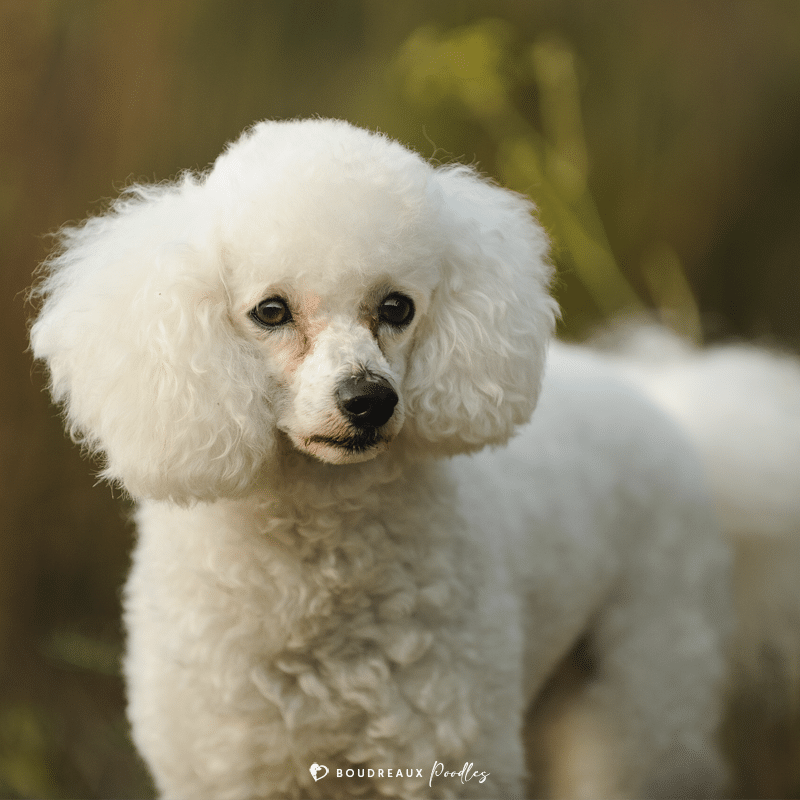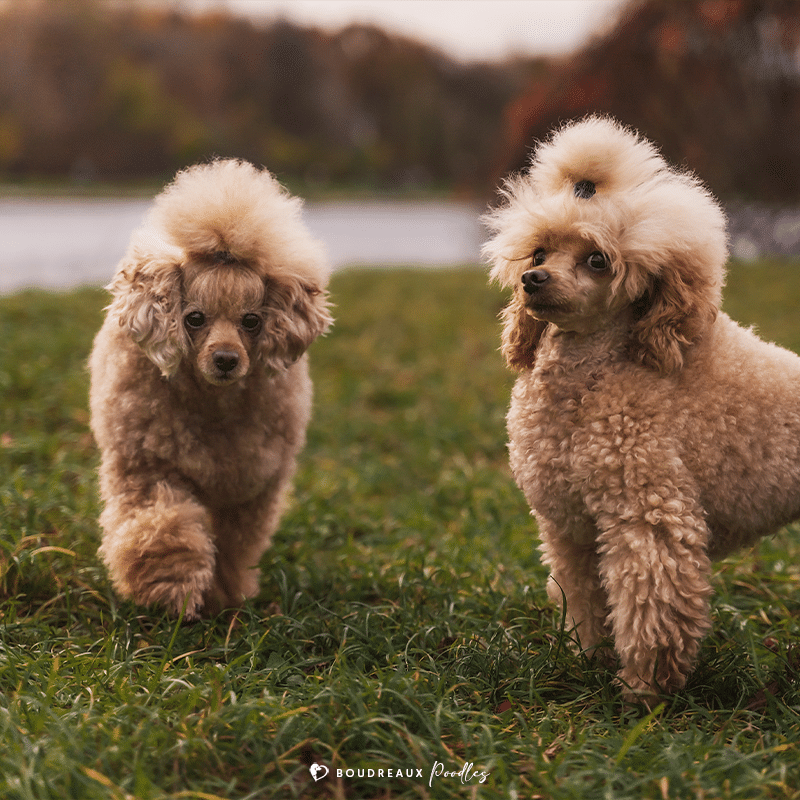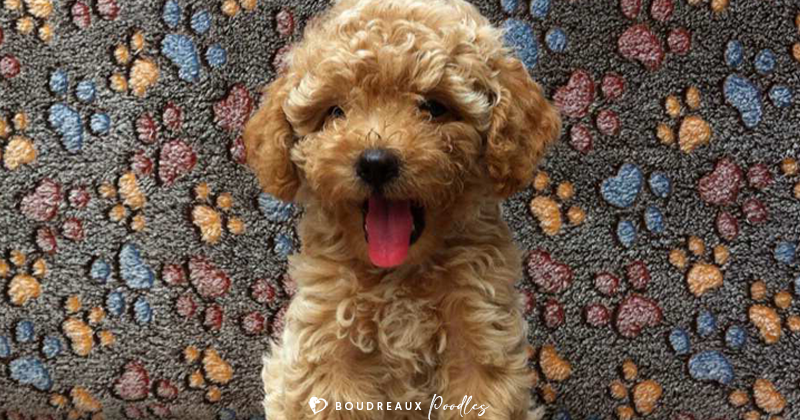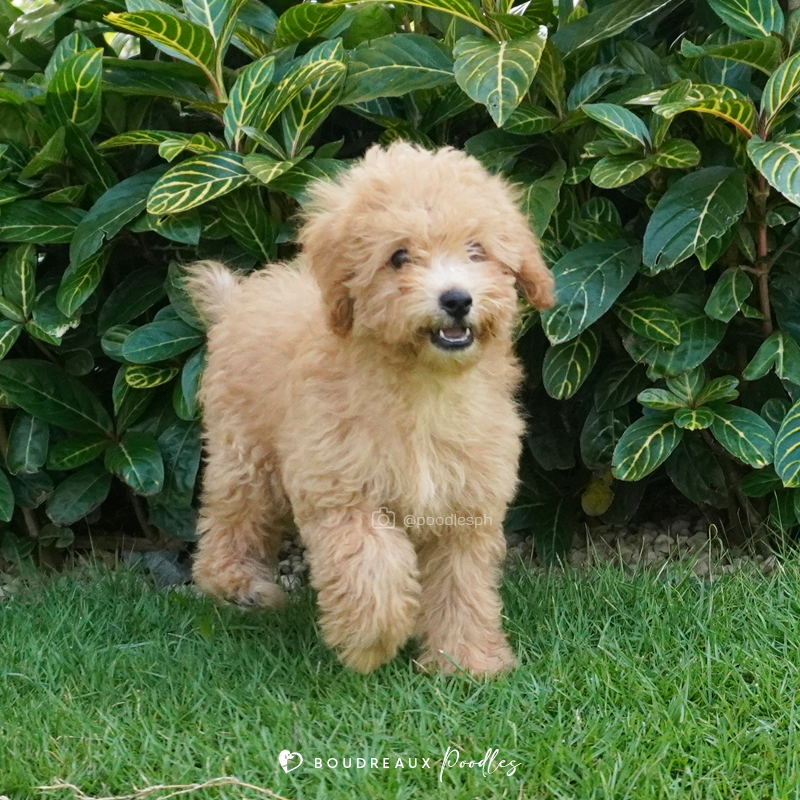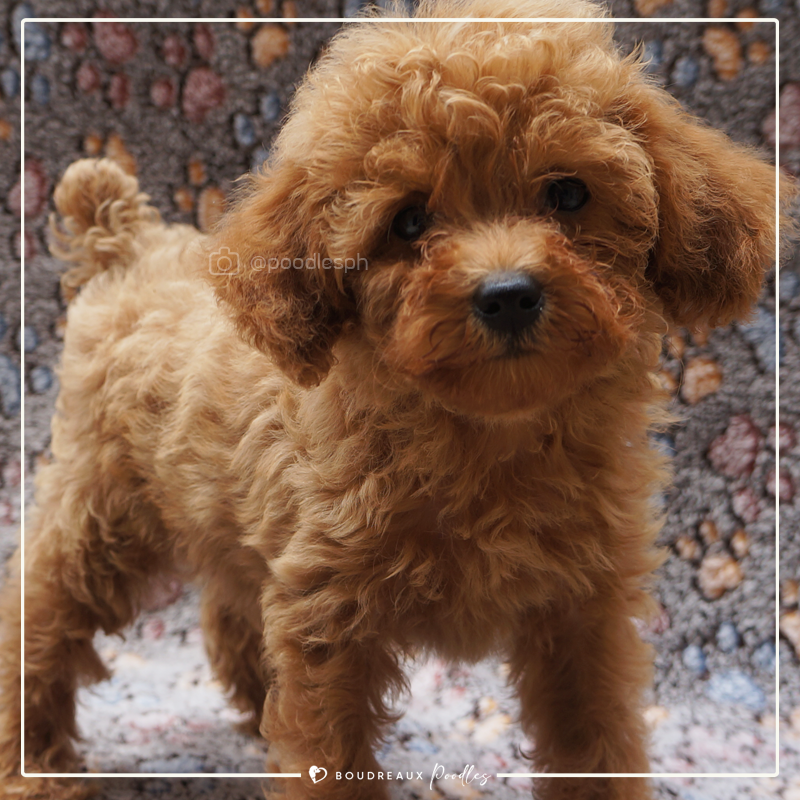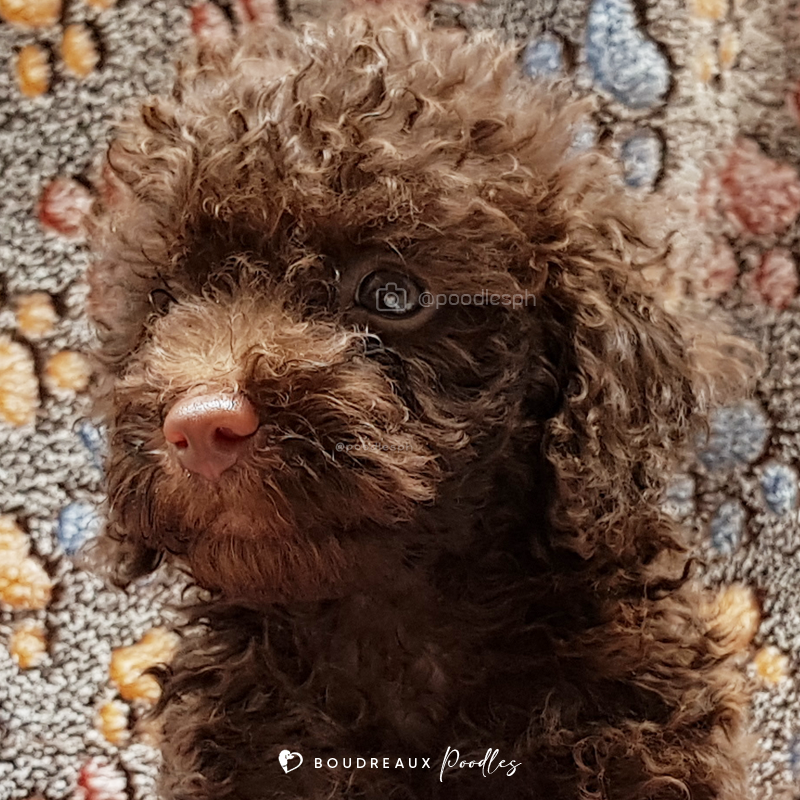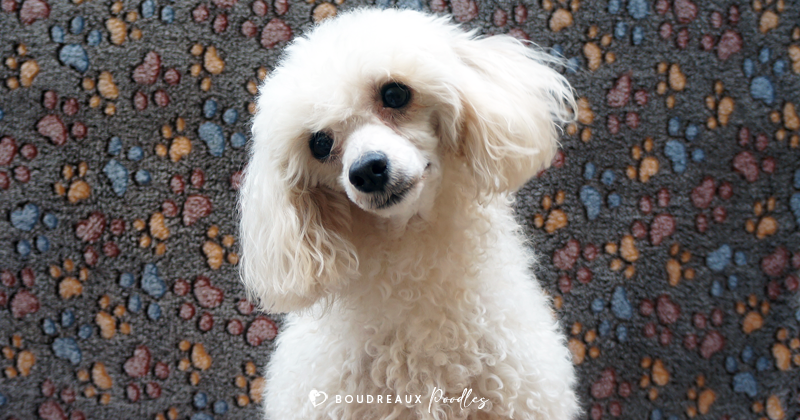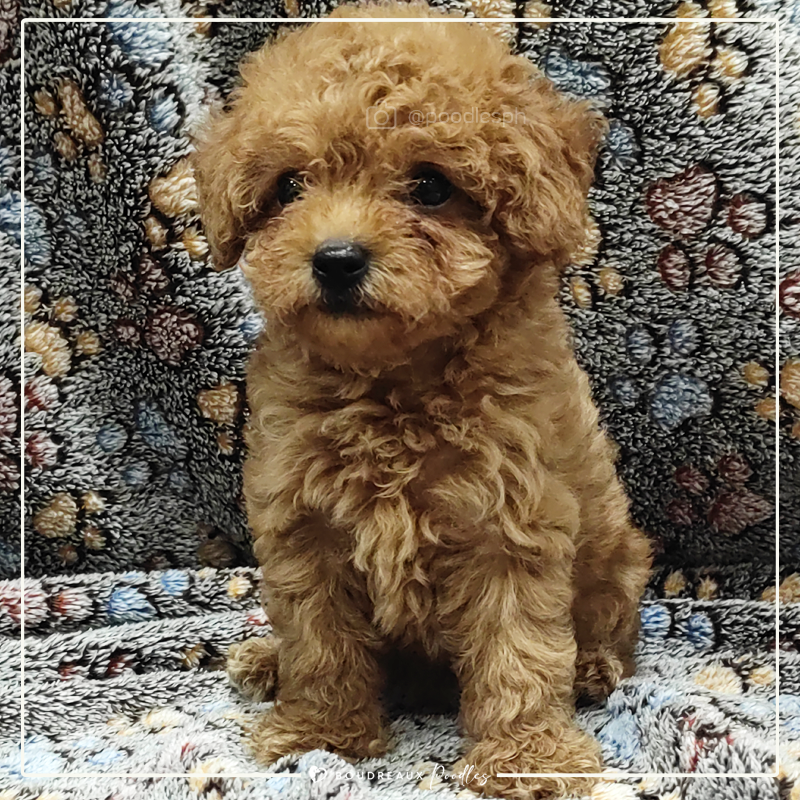Poodles are often called hypoallergenic dogs, attracting people with allergies. Their low-shedding coats and reputation as allergy-friendly make them highly sought after. But what does “hypoallergenic” really mean, and can poodles truly claim this status? Let’s explore the science and realities behind this popular belief.
What Does “Hypoallergenic” Mean?
The term “hypoallergenic” refers to something less likely to trigger allergic reactions. For dogs, it means a breed produces fewer allergens. However, no dog is completely free of allergens, as all dogs produce proteins in their saliva, skin, and urine that can cause allergies.
In the case of poodles, their unique coat type reduces the spread of dander, which is a common allergen. This characteristic is why they’re often called hypoallergenic.
Poodles and Low-Allergen Coats
Poodles are known for their dense, curly coats that trap dander and loose hair instead of releasing it into the environment. Unlike other breeds with double coats that shed seasonally, poodles’ hair grows continuously and sheds minimally.
This reduced shedding lowers the distribution of allergens around the home. Studies, including a 2011 paper in The American Journal of Rhinology and Allergy, found that homes with hypoallergenic dogs like poodles didn’t necessarily have lower allergen levels, but individual sensitivity varied significantly.
The Science Behind Dog Allergies
The main culprits of dog allergies are proteins found in:
- Dander: Dead skin flakes shed by the dog.
- Saliva: Licking spreads allergenic proteins to fur and skin.
- Urine: Traces on the dog’s coat can transfer allergens.
Poodles may produce the same allergens as other breeds, but their coat and grooming needs minimize exposure. Regular maintenance prevents allergenic proteins from spreading as easily in the home.
Why Poodles Are Popular Among Allergy Sufferers
Many allergy sufferers report fewer symptoms around poodles. This could be due to:
- Minimal Shedding: Less shedding means fewer allergens in the air.
- Regular Grooming: Poodles require frequent professional grooming, which removes trapped dander.
- Coat Type: Their curly coat naturally contains loose hair and particles, keeping them localized.
Still, individual sensitivity plays a role. Allergy sufferers may react differently to the same breed, depending on their immune system.
Tips for Living with a Poodle if You Have Allergies
- Maintain Grooming: Brush your poodle daily to reduce dander buildup. Regular professional grooming every 4–6 weeks is also vital.
- Create Allergy-Free Zones: Keep bedrooms and furniture off-limits to your poodle. This reduces allergen exposure in key areas.
- Use Air Purifiers: HEPA filters can trap airborne allergens and improve air quality.
- Wash Bedding and Toys Frequently: Clean areas your poodle frequents to limit allergen accumulation.
- Visit an Allergist: Consult with a specialist for tailored advice or treatments to manage your specific allergy symptoms.
Debunking the Myths
A common misconception is that poodles are entirely allergy-free. Research shows that even hypoallergenic breeds can trigger allergies. According to a study published in The Journal of Allergy and Clinical Immunology, allergen levels from different dog breeds didn’t vary significantly in homes.
This means the benefits of owning a poodle largely depend on individual sensitivity and proper care routines. While poodles produce fewer allergens than most breeds, they are not a guaranteed solution for all allergy sufferers.
Benefits of Owning a Poodle for Allergy Sufferers
Despite the scientific nuances, poodles remain one of the best options for individuals with mild allergies. Their intelligence, trainability, and affectionate nature make them excellent family dogs. When paired with diligent cleaning and grooming, they can offer a comfortable pet-owning experience for allergy sufferers.
Final Thoughts
While no dog is completely hypoallergenic, poodles come close due to their low-shedding coat and reduced allergen spread. However, managing allergies involves more than just choosing the right breed. By maintaining a clean environment and practicing good grooming habits, you can enjoy the companionship of a poodle even if you’re allergy-prone.
